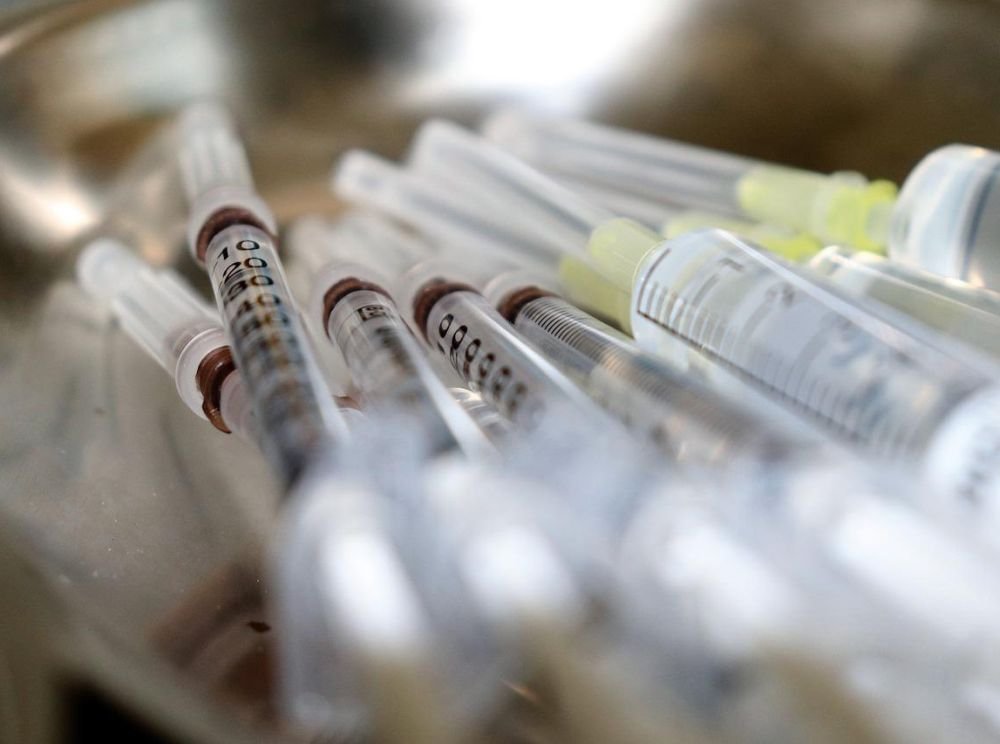
The coronavirus vaccine does not affect fertility or pregnancy outcomes. This conclusion was made by scientists from the Yale School of Medicine.
Women receiving miRNA-based vaccines do not produce more antibodies that can reduce their fertility, a study has shown. In addition, the authors found that pregnant mice after receiving these vaccines did not experience many side effects and produced normal offspring. The study provided additional evidence that existing vaccines are safe not only for women who plan to become mothers, but also for those who are already carrying children.
The study was aimed at reassuring a significant number of expectant mothers who refuse vaccination for one reason or another. Thanks to the conspiracy theories that dominate the Internet, they are convinced that vaccines negatively affect fertility and pregnancy. One of these theories is that vaccinations can allegedly reduce fertility by increasing the production of an antibody against the syncytin-1 protein. And the appearance of these antibodies interferes with the development of the placenta and prevents pregnancy.
But this study showed that the blood tests of vaccinated and unvaccinated women did not differ in anti-syncytin-1 levels. In addition, these antibodies were not found at all in vaccinated people. Vaccines received during pregnancy do not increase the number of birth defects, as experiments have shown, do not worsen the course of this process, and do not affect the risks for mother and child in any way. (READ MORE) 
Yale University
Medicine
US private research university, 3 of 9 colonial colleges founded before the Revolutionary War
